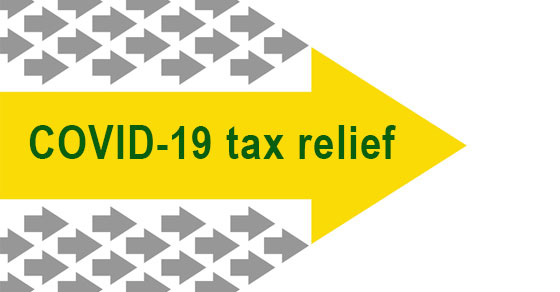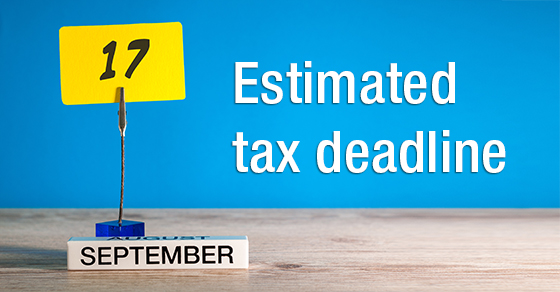Choosing a business entity: Which way to go?
If you’re planning to start a business or thinking about changing your business entity, you need to determine what will work best for you. Should you operate as a C corporation or a pass-through entity such as a sole proprietorship, partnership, limited liability company (LLC), or S corporation? There are many issues to consider. Currently, […]
Choosing a business entity: Which way to go? Read More »








